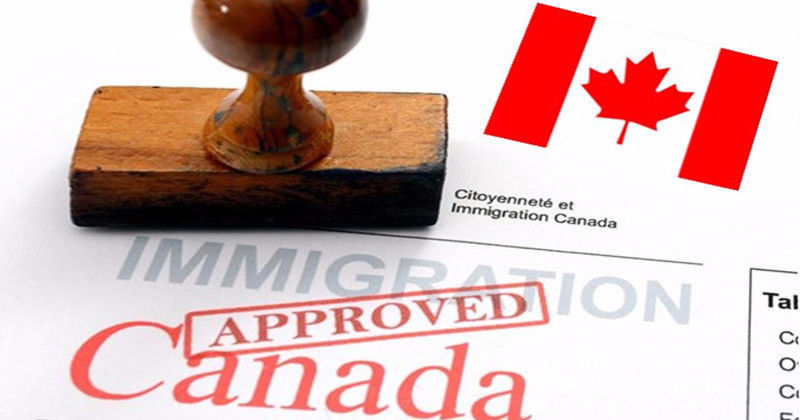While the United States (US) is trying its best to cut the number of immigrants entering the country, with a 1-year ban recently imposed on Filipino workers, the good news is that Canada has opened its doors wider for new immigrants.
The Canadian Parliament acknowledges that immigration is key to the country’s success, with immigrants playing an important role in building Canada into what it is today.

Photo credit: Immigration Canada Services
“Immigration makes an important contribution to Canada’s economy and society and has immediate and long-term social outcomes. Whether through economic immigration, family reunification or the protection of refugees and vulnerable persons, immigration is a central pillar of Canada’s success story,” read part of the Annual Report to Parliament on Immigration.
Also outlined in the Annual Report is Canada’s Immigration Plan for 2019 to 2021 wherein the country plans to welcome “more talented workers with the skills and expertise our economy need” as well as accept more family members of residents and accept more refugees.
In 2019, Canada hopes to accept at least 330,800 immigrants. Then, the country to accept 341,000 in 2020 and 350,000 in 2021.
To facilitate faster immigration, Canada also offers the Express Entry system, with candidates wishing to immigrate to the country being selected based on points awarded through the Comprehensive Ranking System. The highest ranked candidates in this pool are given invitations to apply for permanent residency.

Photo credit: Nationwide Immigration Services
Canada also understands the value of family. Thus, programs are in place to allow more families to reunite. This led to increased immigration levels under Family Class, something that the country hopes to further increase in the next 3 years.
Aside from spouses and children, Canada has also opened its doors for family reunification of parents and grandparents of Canadian citizens. These people are allowed to enter Canada on a ‘super visa’ that allows them stay up to 2 consecutive years without the need for a status renewal. Afterwards, they are also allowed multiple entries for up to 10 years, using just the super visa.
Sources: Immigration, Refugees and Citizenships Canada (IRCC) Annual Report to Parliament, CNN
